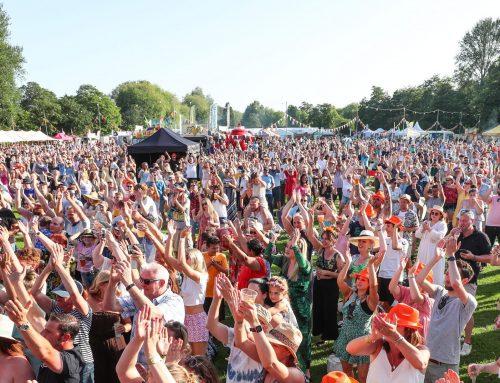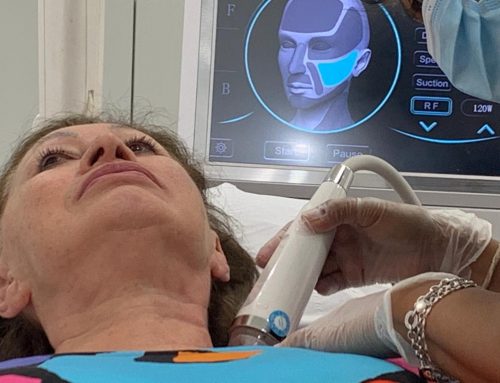RiverTribe Editor Linda Duberley looks at how relaxation and sleep are key to
looking better as we age.
There is no question that aesthetics is the single fastest growing sector in the beauty
market with forecasts predicting an annual global turnover of £22.8 billion.
But although fillers, injectable products and more complex procedures are proving to
be undeniably effective, other factors can play a big part in helping us stay looking
fresh and dynamic as we get older.
According to neuroscientist Matthew Walker, sleep is the biggest single factor in
ensuring that we live longer, look better, stay slim, increase our sense of wellbeing
and guard against dementia. His book, Why We Sleep, makes no bones about the
critical importance of getting eight hours of sleep a night. Yet how many of us
achieve this?
The World Health Organization has declared a sleep loss epidemic in the
industrialised world. Just ask yourself how many of your friends complain of
disrupted sleep? It is the source of constant comment and few answers.
We live in a world where there are a whole host of procedures and therapies at our
finger tips. Many, used the right way for the right concern, can make a critical
difference to how we handle our older years. But one of the biggest ways we can
help ourselves is by mitigating against the effects of stress and sleeplessness.
Key to this is the ability to regularly and effectively relax. Meditation and massage play
their part. Reflexology is often an overlooked yet powerful therapy. I first booked in for
regular sessions while working as a foreign correspondent in Asia. In fact, it was fairly
commonplace for those who worked in my Hong Kong office block to book in every
week for a session. In China, reflexology is regarded as a diagnostic tool and
practitioners sit alongside GPs on many peoples’ speed dials.
Reflexologist Christina Teixeira, who operates out of the Peach Tree Clinic in
Barnes, says, “We all need to relax but more importantly we need to maintain a calm
outlook. Modern life has become very stressful and many people are in high
pressure jobs or have personal responsibilities that represent a challenge to their
wellbeing.
“We should not let the effects of stress accumulate in our bodies. That is very
harmful on many levels. The best approach is to make reflexology part of your life.
You can’t remove stressful situations but you can adopt a measured way of
maintaining your equilibrium and reflexology is one of the best ways of doing that.”
People often ask about the difference between massage and reflexology. Both have
their place. Massage therapists believe they work from the outside in, manipulating
specific muscle groups or fascia to release tension. Reflexology practitioners see
themselves as working from the inside out – stimulating the nervous system to
release tension.
Christina does not practice diagnostic reflexology but does highlight possible
problems. Indeed, her observation when I met her was the possibility that I might be
dehydrated. Interestingly, I had been training hard for the Camino Trail in Spain and
shortly after a medic on my team mentioned dehydration could be an issue for me.
However, the real power of reflexology is that it allows me to maintain a steady level of
calm. While a massage might make me feel great for 24 hours, the effects of reflexology
last much longer, my ability to sleep is much improved and the visible effects on my skin
are clear.
So, while evidence-based aesthetics procedures have a key role to play in our ability
to look good as we age, the practice of therapies like reflexology should not be
under-estimated.




